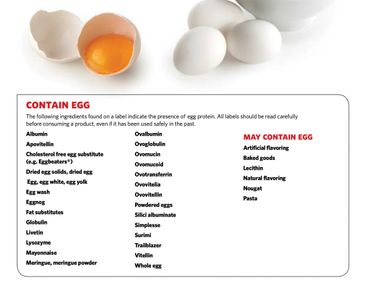- Home
- Food allergy
- Eczema
- Asthma
- Urticaria
- Cows milk allergy
- Dr Mugilan Anandarajan
- Nut allergy
- Egg Allergy
- Hay fever
- House dust mite allergy
- Mould Allergy
- Animal Dander allergy
- Drug allergy
- belfastchildrensclinic
- Skin prick testing
- Patient reviews
- Recurrent cough & wheeze
- Health insurance patients
- FAQ
- Private Allergy testing
Egg Allergy

What is Egg allergy ?
Eggs are one of the most common allergy-causing foods for children. Egg allergy symptoms usually occur a few minutes to a few hours after eating eggs or foods containing eggs.

Why does egg allergy occur
Egg allergy develops when the body’s immune system becomes sensitized and overreacts to proteins in egg whites and/or yolks. When eggs are eaten, the body sees the protein as a foreign invader and sends out chemicals to defend against it. Those chemicals cause the symptoms of an allergic reaction.

Egg allergy Symptoms
Egg allergy Symptoms
- Vomiting
- Stomach cramps
- Indigestion
- Diarrhea
- Wheezing
- Shortness of breath, difficulty breathing
- Repetitive cough
- Tightness in throat, hoarse voice
- Weak pulse
- Pale or blue coloring of the skin
- Hives
- Swelling, can affect the tongue and/or lips
- Dizziness
- Confusion

Diagnosis
Management and treatment
Management and treatment
Diagnosis of Egg allergy is by a combination of
- Clinical history and examination / symptomatology
- Skin-prick test and/or
- Specific IGE testing

Management and treatment
Management and treatment
Management and treatment
The best way to manage an egg allergy is to avoid eating eggs.
People with an egg allergy must be vigilant about reading labels and asking about the ingredients of foods as eggs are a hidden ingredient in many foods.
Depending on clinical progress and tests we may recommend introduction of Egg ladder working together with the dieticians

Medications / Egg ladder
Management and treatment
Medications / Egg ladder
Antihistamines may help to relieve mild symptoms of egg allergy, such as itching.
Depending on symptoms child may require an Adrenaline auto injector (Epipen / Text / Emerade )
Depending on clinical progress and tests we may recommend introduction of Egg ladder following food challenge working together with the dieticians